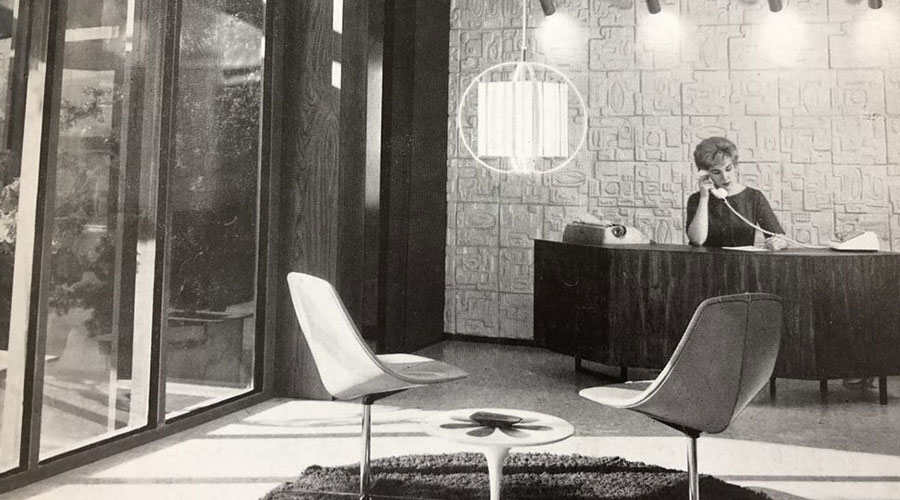Productivity Advantages to Using Time Off
Many workers are too afraid to take too much time off from their job because they think it’ll show that they are replaceable.
By Dan Weltin, Editor-in-Chief
I just returned from a 10-day summer family vacation to New Mexico and nearby Mesa Verde National Park. It was a fun and relaxing get-away filled with tours of ancient cliff dwellings, river rafting, immersive art exhibits and a stay in a cave.
Sadly, not everyone in this country has the opportunity for such an experience. The United States has the second least amount of paid vacation time. The average worker receives only 10 days after one year of service, which in some cases, can include paid holidays like Christmas and Thanksgiving.
It’s a disappointing reality, but maybe it’s a moot point because fewer than half of the U.S workforce don’t even use all their available vacation days, according to data from the Pew Research Center. To me, that’s even sadder news. Paid time off is part of a compensation package. Not using all the days is the equivalent of saying, “You don't need to pay me this week.”
Many workers are too afraid to take too much time off from their job because they think it’ll show that they are replaceable, or they feel it may hurt their chances for a future promotion. Others are hesitant to take vacation because of the stress of prepping for the absence, they feel bad about co-workers taking on their tasks, or they dread the amassed workload waiting their return.
An even worse reason is that there are managers who discourage employees from taking time off. I sincerely hope you are not among this last category.
Managers should be encouraging their employees to use every single available vacation or personal time off (PTO) day — and if it's financially possible, motivating them to take an actual vacation. (Staycations are nice, but there are proven benefits of physically getting away from it all.) I know of some organizations that actually help their employees financially plan to make such a trip a reality.
Not using PTO can have many negative mental effects. Employees who don't take an extended break are more likely to lead to burnout and decreased productivity. They may become more irritable and less patient with colleagues or occupants. On the other hand, those who do use vacation time are less likely to get sick (requiring even more days off) or become depressed. In short, getting away from work can lead to happier and more productive staff members.
Before we reach the end of summer, review how many vacation days each employee has left. If there’s a surplus, encourage them to take a few now. They’ll likely come back refreshed and more productive than before.
Dan Weltin is the editor-in-chief for the facility market. He has 20 years of experience covering the facility management and commercial cleaning industries.
Related Topics:












